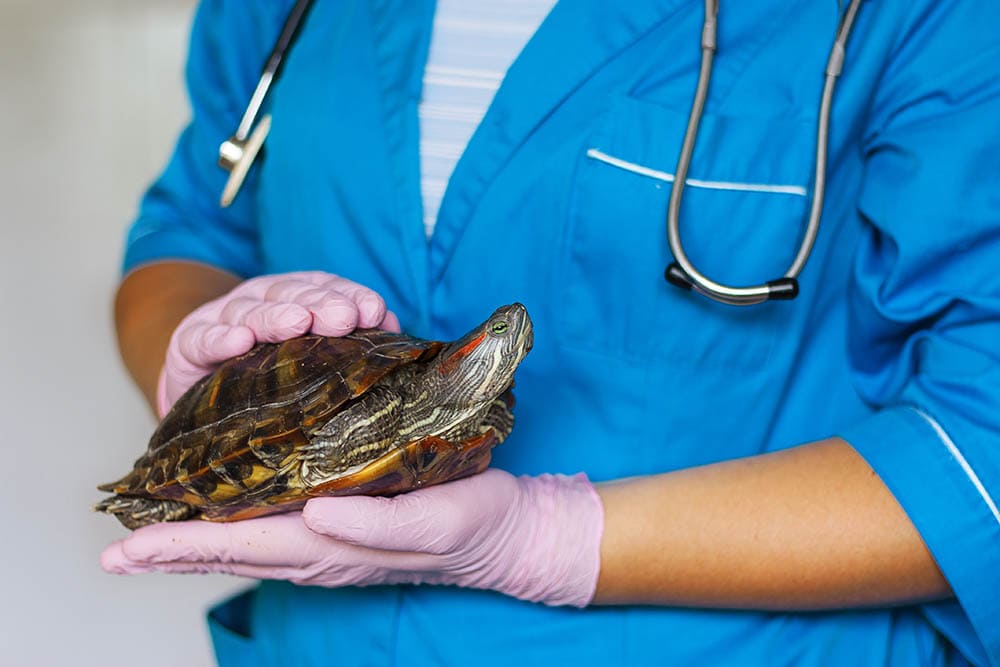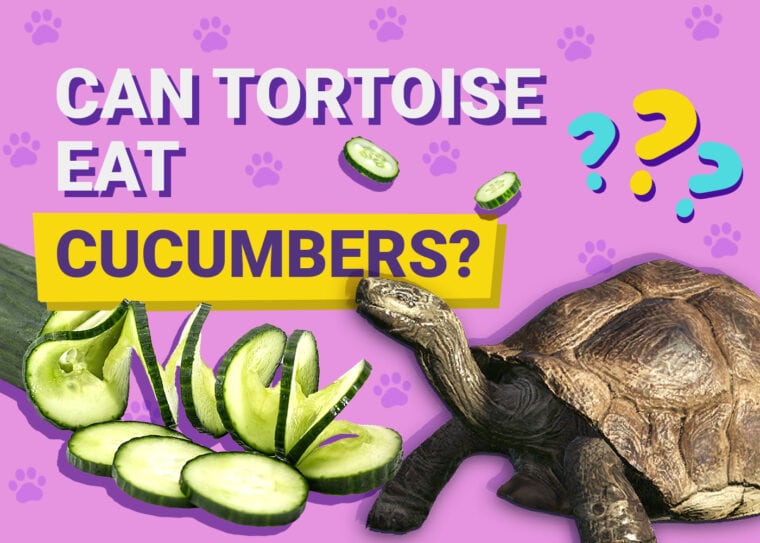
Tortoises are actually omnivores, which means that they will eat a wide variety of foods and food types, although they are commonly thought of as being herbivores. In the wild, tortoises would eat any carrion that they come across and would also eat snails. In particular, their shells, and can be seen occasionally eating bones for the calcium that they offer.
In captivity, tortoises are most often given a vegetarian diet that consists primarily of fruit and vegetables. Cucumbers can make up a portion of their diet because they do not contain any toxic ingredients and are low in calories. However, cucumbers are primarily made up of water and contain only trace amounts of vitamins and minerals, so they should only be fed once or twice a week.
Read on for more information on cucumbers, their role in the diet of tortoises, and some other foods and ingredients that can be fed to pet tortoises.
 Cucumber Nutrition
Cucumber Nutrition
Cucumbers are approximately 95% water and can be a good source of hydration. They are also low in calories, so they won’t cause excessive weight gain.
Half a cup of cucumber contains the following:
Calories
8 kcal
Fiber
0.3g
Protein
0.3g
Carbohydrates
1.9g
Vitamin A
54.6 IU
Vitamin C
1.5mg
Vitamin K
8.5mcg
Potassium
76.4mg
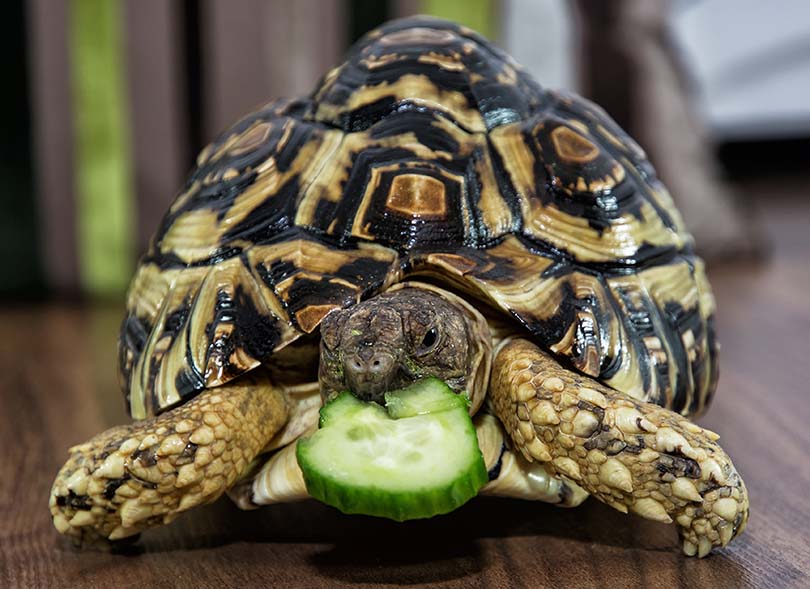
Why You Shouldn’t Feed Too Much Cucumber
Although cucumber is a good source of dietary water and is said to be high in potassium and fiber, there are several reasons you shouldn’t feed too much cucumber to a tortoise.
Feeding Cucumbers to Tortoises
Cucumbers should be given as a treat, rather than the main food source. Feed them once or twice a week. Slice the cucumber into thick slices and feed two or three slices at a time. Don’t feed it to them too much or too often.
The 3 Other Foods to Feed Tortoises
So, cucumbers can be fed occasionally and in moderation. They should not make up the majority of your pet’s diet. Below are three foods you can give your tortoise to help ensure a well-balanced diet and good nutrition.
1. Grass
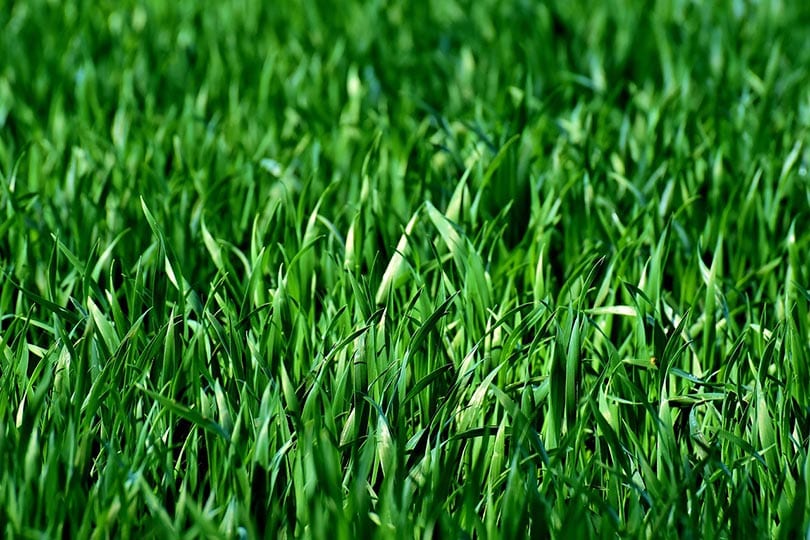
Ideally, in good weather, you should let your tortoise out to graze on grass and even some of the weeds on the lawn. Grass is not only nutritionally beneficial for tortoises, but it needs grinding down, and the grinding motion can help keep the tortoise’s beak at a desirable length.
2. Dark Leafy Greens
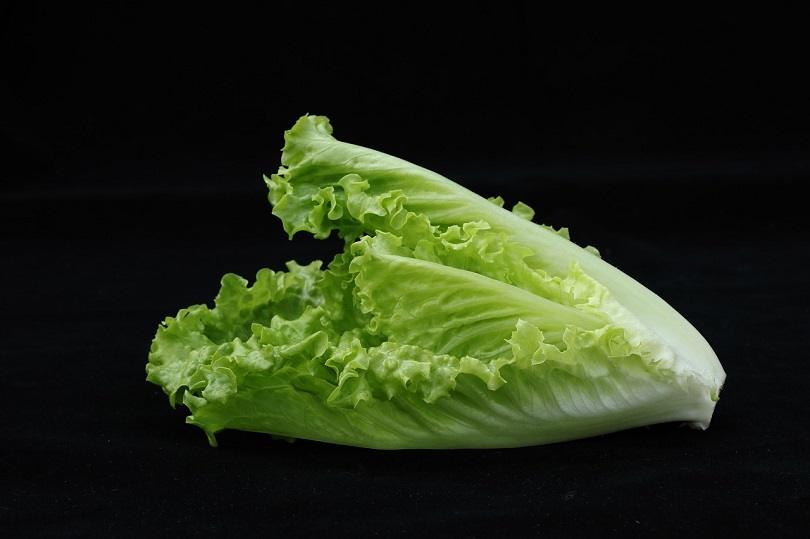
Romaine lettuce is especially popular as a tortoise food because it is high in vitamin A. Other leafy greens, especially dark ones like kale, are also considered good food for most tortoises. Some owners sprinkle calcium powder on the greens they feed to help ensure a healthy diet.
3. Pellet Food

Commercial food comes in pellet form and should be balanced to include all the necessary vitamins and minerals in the correct amounts. Pellet food is also quite brittle or hard and, again, this helps your tortoise maintain their beak.
 Conclusion
Conclusion
Cucumbers do not contain any toxic ingredients that will make a tortoise ill and they can be fed occasionally and in moderation as a treat. They are made up primarily of water, and while this does offer the benefit of ensuring good hydration, it also diminishes the nutritional content of the cucumber.
Feed a few slices of cucumber once or twice a week and ensure that the rest of your tortoise’s diet contains all the necessary vitamins and minerals, paying particular attention to vitamins A and C and to the calcium-to-phosphorus ratio of their diet.
Featured Image Credit: Amir El-Sayed, Shutterstock

 Cucumber Nutrition
Cucumber Nutrition

